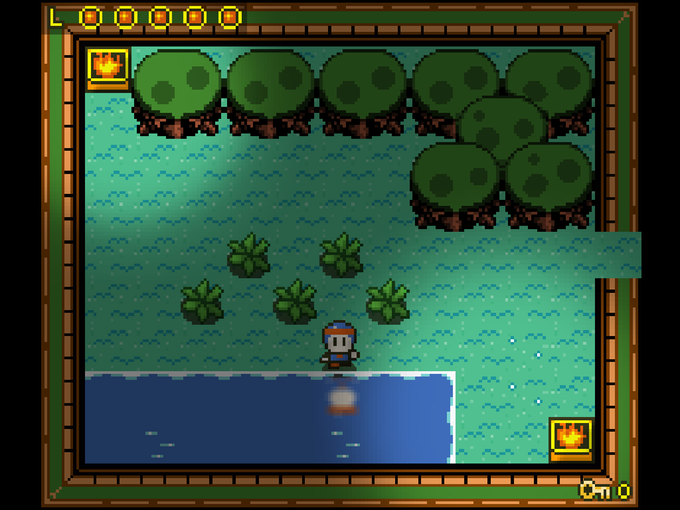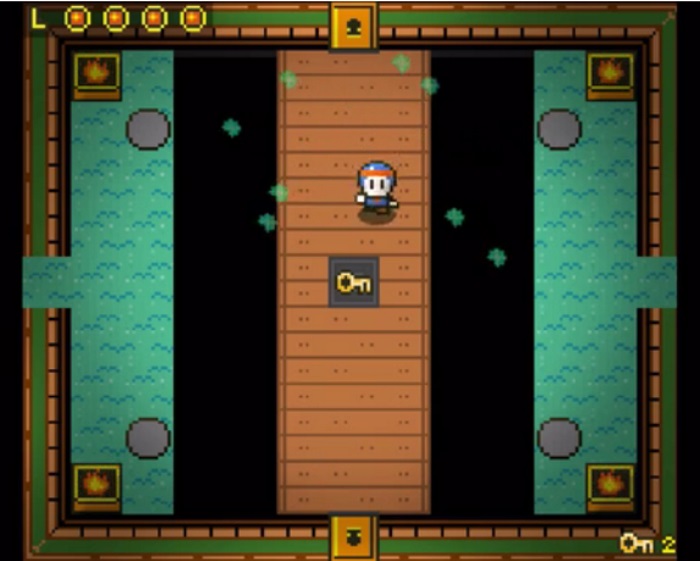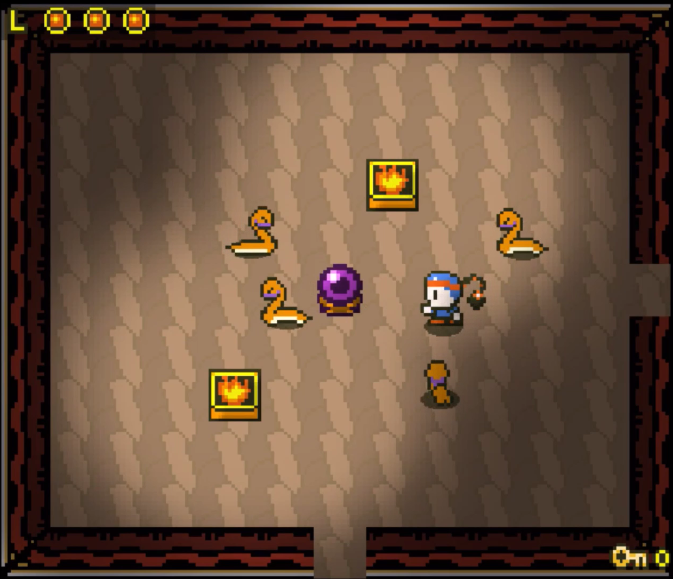There are any number of reasons why a crowdfunding campaign will fail. They aren’t always good or fair reasons, but it’s important for developers to properly identify them. Knowing where you went wrong is the first step to doing it right. Conversely, failing to recognize these missteps leaves you doomed repeating them. This is cycle Stardust-Runelord has found itself in.
After the first $6,000 Kickstarter campaign faltered, developer Josh Koenig took a good long look at the project and completely misread the situation. The project quickly returned to Kickstarter, this time with an extra emphasis on it being incredibly cheap.
The new campaign comes with the reduced ask price of $3,000 and the developer’s promise that it will be “a cheap, indie action-adventure game.” Even giving Koenig the benefit of the doubt that he was referencing the funding goal when he advertised his game as “cheap,” the campaign adds nothing to demonstrate that he didn’t just mean the game itself.
The campaign’s pitch only takes up three sentences. Two of which just restate that the game is “super cheap,” (as if this were a badge of honor). Meanwhile, the actual game still looks like little more than an uninspired student project. What Stardust-Runelord tries to play off as an homage to the early Zelda styled RPG’s looks more like a painted over replica. It looks slightly different, but the mechanics and gameplay come right from Nintendo’s playbook.
Incidentally, this isn’t a one-off error of judgment. Koenig has employed the same method of moderate graphic swapping in his previous game Ember Kaboom. Where Stardust-Runelord is an obvious Zelda clone, Ember Kaboom could easily be mistaken for a Mario Maker level gone furry.
Putting Individuality Back In Indie
This lack of original content, combined with a poorly executed campaign is likely what caused the first Kickstarter to fail. One thing that is consistent among successful crowdfunded games is that they found a way to differentiate themselves. Backers come to crowdfunding to support games that they can’t get anywhere else. When developers don’t identify what makes their project unique they are setting themselves up for failure.
In the end, no amount of budget reduction can compensate for a project simply being uninteresting. And really, if the best thing your game has going for it is that it’s cheap, maybe crowdfunding isn’t the right fit. By all means make the game you want to make, but be prepared to either appeal to an audience or fund it yourself.






